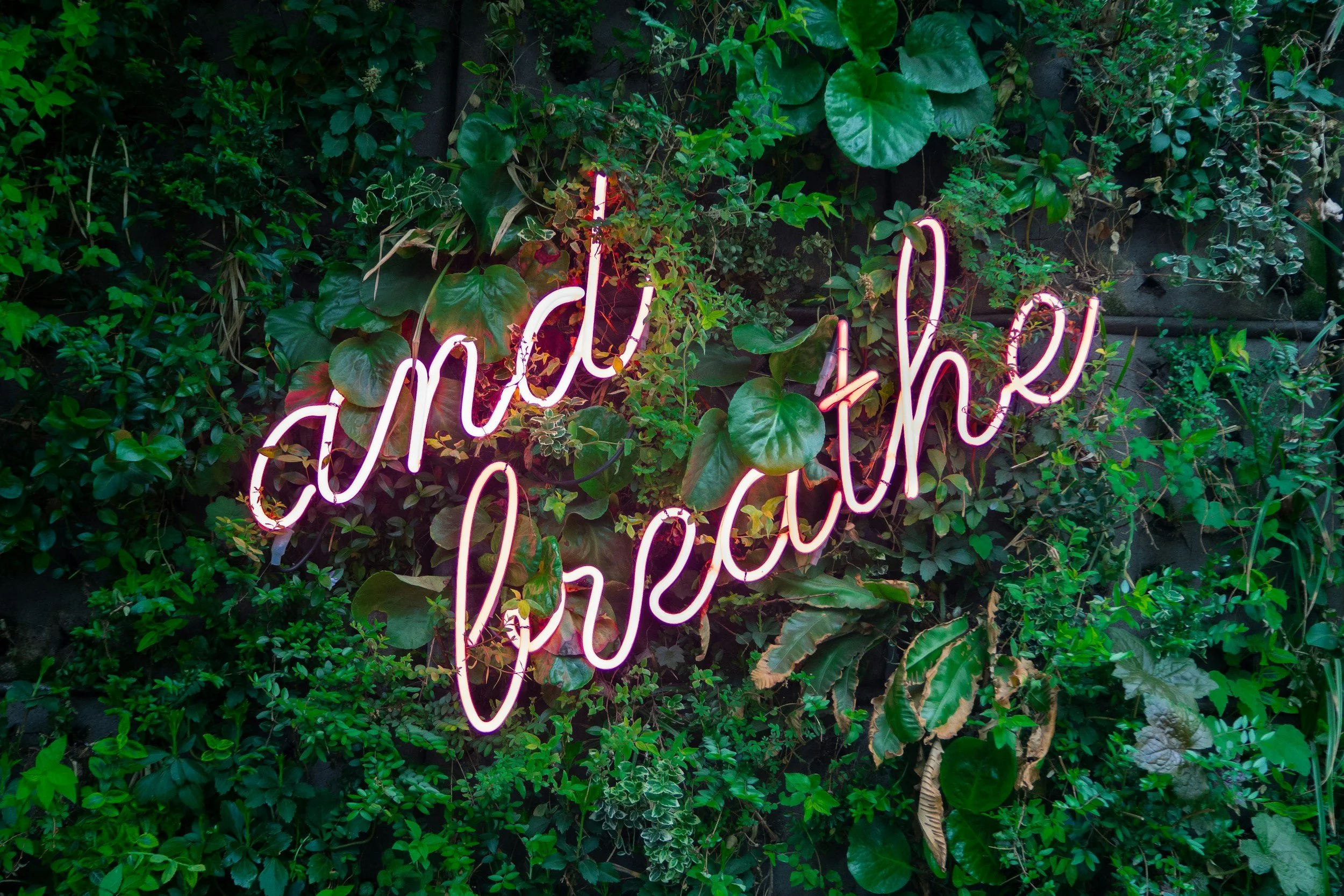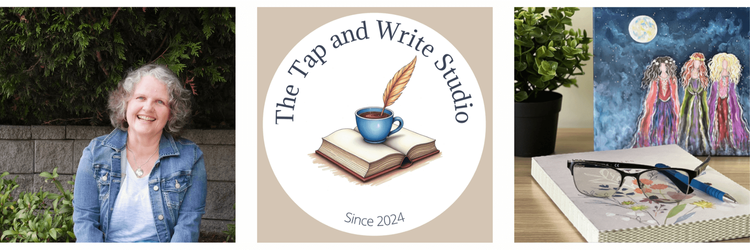Sleep Apnea, Midlife, and Sleep Struggles: My Journey to Restful Nights (and Finger Tapping)
I don’t remember the last time I slept a full night without waking up, even for a minute or two. Sometimes I remember waking up - those are the times I’m up for a bathroom break or when my brain is just too busy to sleep, or when I have to be up early and my internal alarm wakes me every hour on the hour.
Then there are the moments when I’m not consciously aware of waking up but my apple watch has taken note of inactivity, movement and breathing patterns which give me some insight into my sleep patterns.
It seems that more women than men suffer from sleep-related issues - hormonal changes during peri-menopause, menopause and post menopause, restless leg syndrome, increased weight, can contribute to the likelihood of poorer sleep. And, unfortunately, we are not excused from the connection between poor sleep and cardiovascular disease, something that’s surprisingly common in women and a leading cause of death.
Photo by Ecliptic Graphic, @eclipticgraphic
Heart palpitations, especially during peri/menopause/post menopause were troublesome for me, despite having been put through rigorous heart monitoring and testing to rule out heart disease. I explained them away as a symptom of thyroid disease (Hashimotos and hypothyroidism), hormonal changes, and a B12 deficiency.
Given that they were considered benign, what else could they be?
And then there’s the link between weight gain and sleep, something I’ve had to address in the last year. It all came about as I was telling a relative that I most often wake up feeling unrested, still tired even when I’ve gone to bed at a reasonable hour and followed the prescribed sleep hygiene recommendations to the letter.
He told me he’d felt the same way and was surprised when his dentist referred him to a sleep clinic after examining him. Grinding his teeth was a red flag, in combination with waking up tired. After a sleep monitor was sent home with him, results indicated severe sleep apnea, something he’d not considered at all.
So, at my next dental appointment I asked my dentist about the correlation between teeth grinding and sleep and the next thing I knew I had an appointment with a sleep clinic as well.
My results indicated moderate sleep apnea with interrupted breathing or “incidents” 25 times per hour. I was shocked and relieved at the same time - could this be the reason I woke up feeling tired, often with a headache?
But that wasn’t all I felt as I embarked on a weight loss and health journey last September. It was a lot emotionally and psychologically - to challenge old, outdated patterns of emotional eating and begin the mindset work that kept me stuck for decades plus getting used to wearing a mask at night and having a constant stream of air flowing into one’s nose.
While not everyone who carries excess weight on their bodies will develop sleep apnea, the evidence does show that weight, particularly stored around the neck area, can lead to obstructive sleep apnea.
Weight gain is also associated with a decrease in physical activity, tiredness, a change in leptin which controls our appetite, spurring us on to eat more - it’s a vicious cycle that feels uncontrollable and defeating at best.
Discovering sleep apnea was a blessing in disguise for me. It took me months to find the right mask that I could sleep comfortably with - I tried 3 or 4 of them until I finally settled on a nose mask (nose pillow).
Is it ideal to have to wear this device? No. I won’t win any beauty pageants and sexy is not how I (or my husband) would describe how I look as I crawl into bed!
However, I am grateful that the number of times I stop breathing is consistently now under 5; after a year, the number of times I wake up during most nights has been reduced significantly.
I wake up without headaches and the number of palpitations I have now is minimal as I breathe oxygen and life into my body and heart consistently.
After a year, I now have more energy to move this body daily.
All of these life enhancing benefits have contributed to the determination I feel to continue with my weight loss and health journey, building more evidence that I can do hard things.
Will I be able to get rid of this annoying machine and mask at some point on this path? I hope so, but until then, I’ll be practicing my daily habits that move me closer to weight loss, increased health and wellbeing, and will stick to wearing a mask that makes me look like an alien in the night.
What strategies have you used to help you sleep better at night?
If you’ve been struggling with sleepless nights—whether from stress, menopause, or even sleep apnea—I’ve got you. One gentle tool I continue to use is finger tapping, a simple form of EFT that helps calm the nervous system and settle a busy mind. If you’d like to learn how to use this easy but powerful practice, I’d love to show you - connect privately HERE or leave me a message below.
Thanks for reading.
And, if you’re ready to explore midlife, to walk along this journey with me and others:
✨ Join The WISER Woman’s Guide — my free newsletter filled with midlife journaling prompts, resilience practices, and inspiration to help you thrive after 50. Sign up here.
✨ Try a Tap and Write Circle — a powerful combination of Emotional Freedom Techniques (EFT) and reflective writing designed to release old patterns, reduce stress, and create space for lasting change. Won’t you join me in the new series of Tap and Write beginning in October 2025? Learn more here.
Joan





